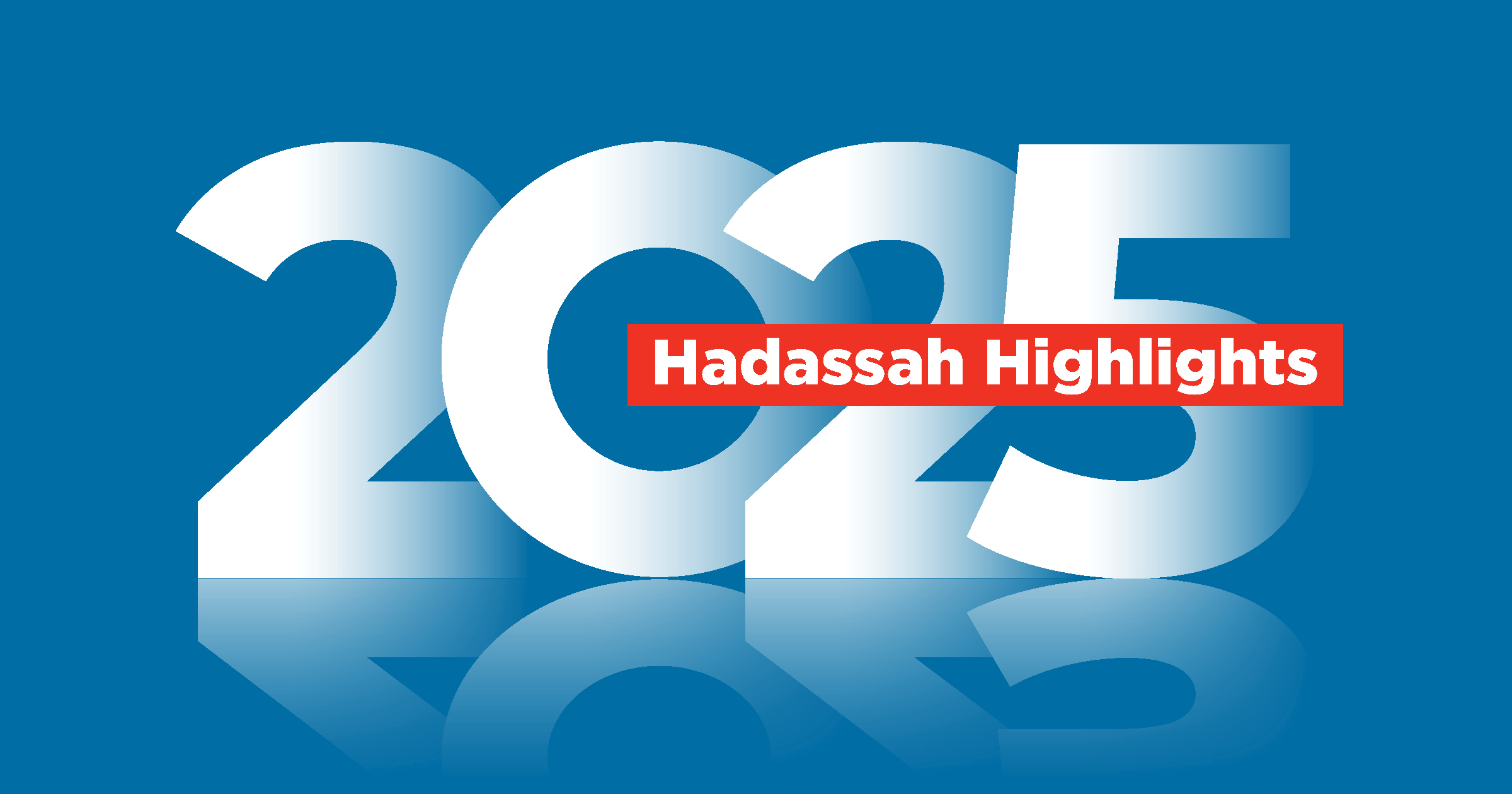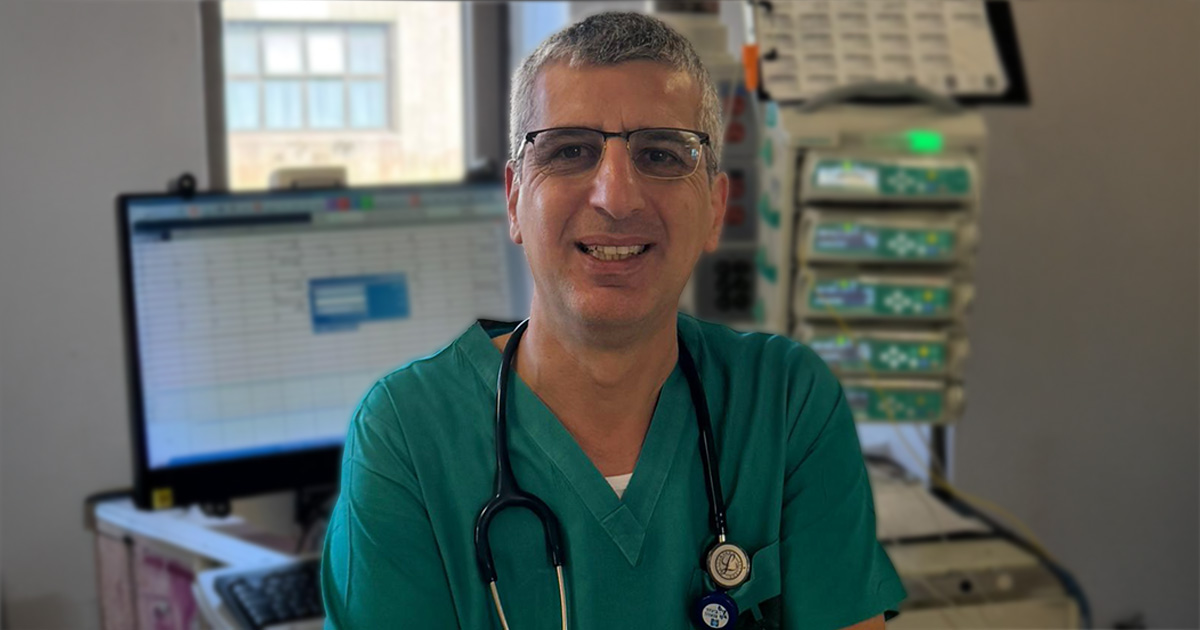Hadassah National President Ellen Hershkin, Jerusalem Post
To many, the term “Middle East peace” represents the impossible dream, if not the ultimate contradiction in terms. But there is a place in the region where Jews, Muslims and Christians meet peacefully every day on the basis of shared concerns and a sense of humanity.
It’s not a country, though it is older than many of the nations in the vicinity. Nor is it a mirage, though the desert is within view.
It’s the Hadassah Medical Center in Jerusalem. In the corridors, waiting areas, operating theaters, examination rooms, gardens and cafeterias of the center’s two hospital campuses, doctors, nurses and technicians of different faiths and ethnicities work together. Patients and visiting families reflecting the same diversity rub shoulders, speak with sympathy, and often celebrate, pray or mourn side by side.
For Hadassah, The Women’s Zionist Organization of America, Inc. (HWZOA), which founded the medical center in 1918, equal treatment for all is an expression of Jewish ethics. But it’s not an exclusively Jewish value. “It’s an oath between me and God, that I’m going to help anyone, with no bias, not race, gender or religion, just as a human,” says Dr. Shaden Salameh, head of the emergency room at Hadassah’s Mount Scopus hospital campus—the first Arab woman to hold such a position in Israel.
Peaceful coexistence is practical as well as moral. “Israel has a lot of tension and when you present a [medical] team that has people from all walks of life it calms things down,” observes Dr. Hadar Merhav, director of the transplantation unit at the medical center’s Ein Kerem hospital campus and a Jewish native of Jerusalem. Dr. Merhav routinely works with Dr. Abed Khalaileh, director of kidney transplantation and a Palestinian native of the city. Last year NBC News reported on a liver transplant the physicians performed together involving a Jewish donor and an Arab recipient.



.svg)





